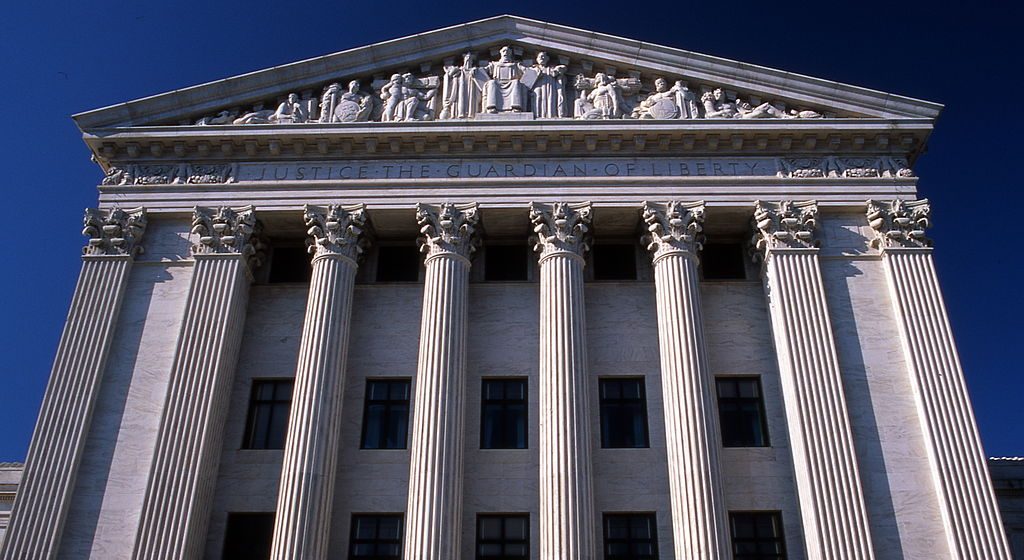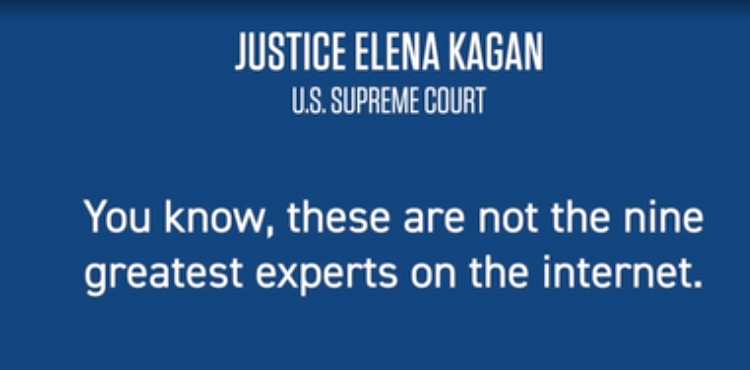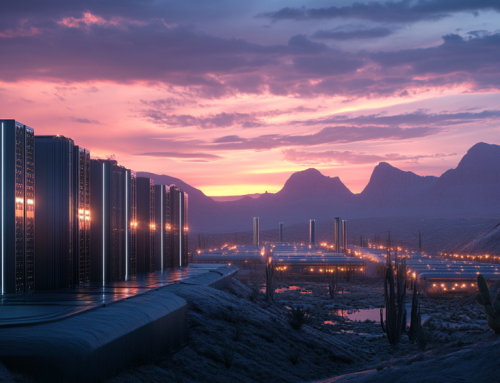
The U.S. Supreme Court will be reviewing the law related to Section 230 and the protections that it has been affording big tech. (Source: Wikimedia)
Supreme Court to Consider Case Involving Communications Decency Act on Web
Rebbecca Kern writes for politico.com and she has a powerhouse story about the Supreme Court of the United States and a high-tech case entitled Gonzalez vs Google.
The Court is hearing oral arguments on Tuesday of this week. And believe us when we say all big-tech firms are listening closely. This case is all about Section 230 of the Communications Decency Act.
The case, Gonzalez v. Google, seeks to hold Google’s YouTube liable for the death of a woman killed in a 2015 terrorist attack. Her family is suing the company for recommending ISIS videos used to recruit potential terrorists for attacks across the world, and contending that a federal liability shield for tech platforms doesn’t protect YouTube’s use of algorithms to recommend content.
At the heart of the case, the court will take its first look at Section 230 of the Communications Decency Act — a law passed in 1996 that gives internet providers and similar companies legal protections for hosting most posts from users, as well as moderating and removing such content.
Kern’s article is lengthy as she dives into different cliques on SCOTUS. And she dips into the heavy politics this particular case is surrounded by.
This is a very serious decision that tech companies are facing.
The court’s ruling could reshape the entire online ecosystem, including social media, e-commerce, and job portals — all of which use algorithms to promote content to users.
“In recent years, as social media platforms have come under increasing fire for the harms caused by the content they host, Section 230 has become a target for politicians on both the left and the right who see it as granting the industry special protections not enjoyed by traditional publishers. (Both President Joe Biden and former President Donald Trump have called for removing the shield. Biden has yet to back any specific proposals.) Its supporters argue it’s crucial to a free and open internet where citizens can exchange ideas without worrying they’ll get the entire system shut down.”
To have SCOTUS tackle this issue is huge and extremely difficult. As Justice Kagen put it recently:

Kern says to watch for four important issues at Tuesday’s hearing.
- Can Justice Thomas Form a Winning Coalition?
- The Importance Of Algorithms
- Republican Party Split
- How This Case Will Influence Upcoming Tech Cases
Legal scholars said the justices will likely rule on the cases in tandem. Chander predicts the court will find that Section 230 doesn’t provide immunity for YouTube’s targeted algorithms in the Gonzalez case but will rule in favor of Twitter, Google, and Meta in the Taamneh case by finding they couldn’t be held liable for underlying claims they aided and abetted terrorist acts by hosting ISIS content.
read more at politico.com







Leave A Comment